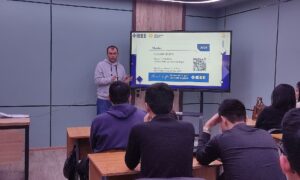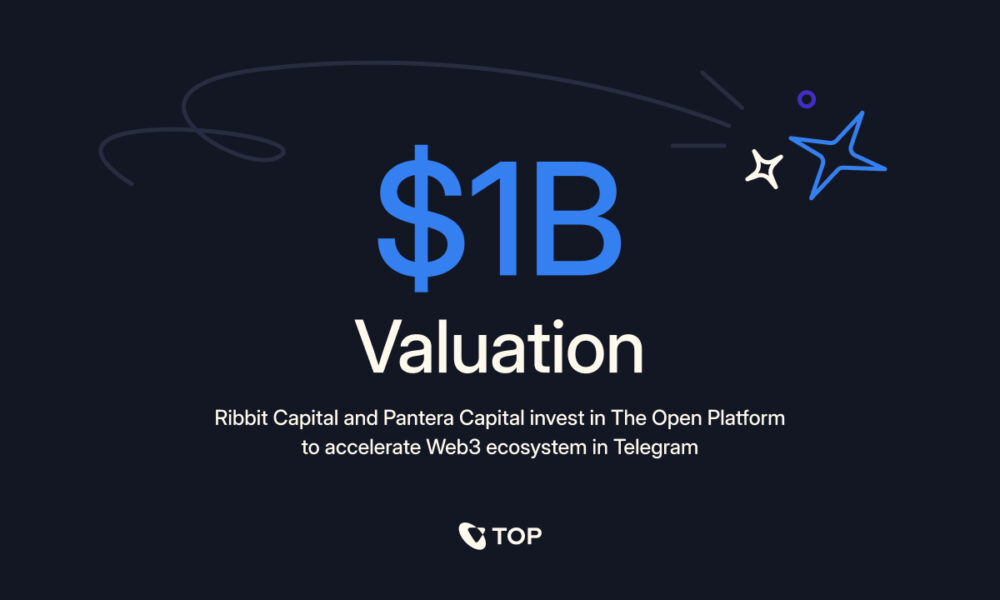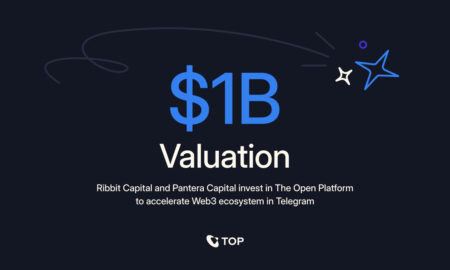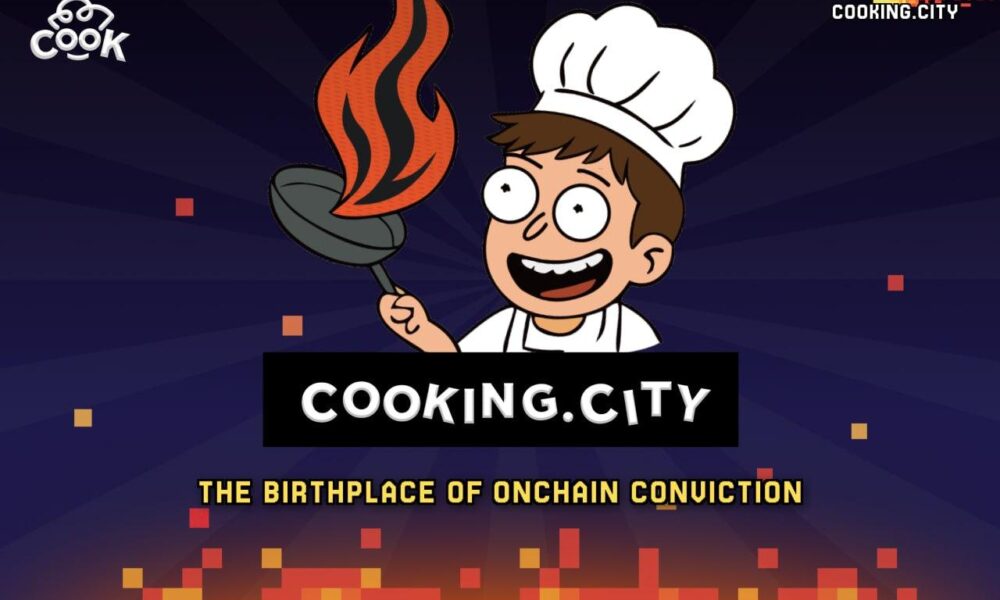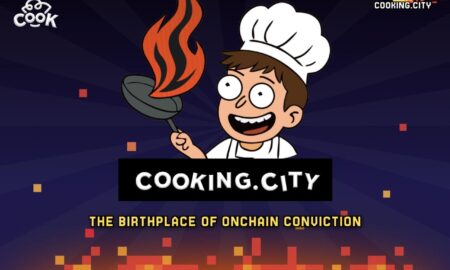In an era where the concept of education morphs faster than we can measure, Emil Hasanli stands as an emerging presence in the U.S. educational technology (edtech) sector, wielding innovation not as a buzzword but as a practical tool for transformative change.
Indeed, the 2020s have proven an arena ripe for edtech expansion, and Hasanli’s journey reflects this unique moment in history. The industry itself has been buoyed by an explosive demand, and recent estimates suggest that the global edtech market is on track to reach a staggering $404 billion by 2025.
Based in Baku, Azerbaijan, Hasanli has emerged as a pioneer in the art of online learning and language education, and his work offers U.S. firms an exemplary model of the benefits of digital education in a globalized economy. Through his ventures, DillBill and Code-Star, Hasanli has carved out a niche that marries entrepreneurial tenacity with an unwavering dedication to the user experience, propelling both firms into the edtech spotlight. With a Master’s degree in Engineering and a shrewd grasp of sales, marketing, and customer relations, he has refined his offerings into potent vehicles for meaningful learning experiences, guided by a belief that education must be not only accessible but interactive and adaptive.
For Hasanli, however, this is no invitation to complacency. If anything, his success underscores the challenges of a competitive, rapidly saturating market. His innovations speak directly to the core of these industry-wide concerns, addressing everything from user retention to the technological challenges posed by scaling online learning platforms. His companies are proof that strategic foresight and an acute awareness of customer needs can transform edtech from a generic, mass-market proposition into a finely tuned, impact-driven endeavor.
Code-Star, Hasanli’s skill-building platform for freelancers, epitomizes his ethos of adaptability. In a market teeming with rigid and often redundant education models, Hasanli swiftly identified the inefficiencies of traditional classrooms, opting instead for a dynamic, video-based format. The results speak volumes: Code-Star achieved a 30% increase in student enrollment, a 70% reduction in operational costs, and a 20% boost in profitability, all while drawing over 150,000 engaged users on social media. For Hasanli, this success is not an end but a beginning, a stepping stone toward an educational model where interactivity and accessibility are paramount. The platform’s first cohort of graduates not only found their footing in the freelance world but did so equipped with practical skills that U.S. firms, in particular, might well envy. In a domestic market increasingly starved of skilled freelance talent, Code-Star’s approach holds invaluable lessons in employability and education that are both immediately applicable and endlessly adaptable.
Then there’s DillBill, Hasanli’s English language learning platform, a venture that has captured the edtech industry’s potential for global reach with almost unnerving speed. As Sales and Marketing Manager, Hasanli wielded video-based content marketing with such precision that DillBill’s revenue surged by 300% in three months, followed by a stunning fourteen-fold increase over ten months. Under his guidance, DillBill has attracted one million Instagram followers — not mere spectators but engaged learners whose presence speaks to Hasanli’s ability to create platforms that resonate deeply. The language barrier, a chronic bane in multinational industries, becomes an opportunity under Hasanli’s vision. By forging partnerships with esteemed coding academies, DillBill not only helps students master English but does so in a way that complements their technical skills, positioning itself as a critical ally for U.S. companies seeking bilingual or multilingual talent capable of operating seamlessly in the international arena.
Hasanli’s impact, however, extends beyond revenue metrics or user counts. His ventures are a testament to the notion that educational technology can — and should — bridge the chasm between learning and real-world applicability. This is no abstract ideology; it’s the very foundation upon which Hasanli has built his enterprises. DillBill and Code-Star are constructed around a core commitment to user-focused decision-making, where customer insights shape the product, and adaptability is prioritized over rigidity. For the edtech market in the U.S., Hasanli’s approach offers a blueprint not only for survival in a competitive landscape but for thriving in one. The American educational sector, still grappling with the aftershocks of a pandemic that left many institutions teetering on the brink of obsolescence, might do well to heed the lessons of Hasanli’s nimble, insight-driven model.
Yet, Hasanli’s journey is not without its challenges, and his solutions are neither quick nor simple. High competition and market saturation threaten to suffocate innovation under the weight of countless firms clamoring for the same audience. The retention conundrum, a pervasive issue in online learning, looms large; studies have shown that fewer than 13% of enrollees in MOOCs actually complete their courses. Here, too, Hasanli’s approach offers a solution: Code-Star’s personalized, AI-driven adaptations keep users engaged, creating an environment where learning is not only a one-off experience but an evolving journey. It is this blend of technological sophistication and customer-centered design that U.S. firms would be wise to study and emulate, especially as the domestic demand for skilled, adaptable, and language-proficient workers grows ever more acute.
As data privacy concerns cast a long shadow over the edtech landscape, Hasanli’s ventures also raise important questions about responsible innovation. The ethical handling of user data, particularly in platforms that rely heavily on personalization, is a concern that neither DillBill nor Code-Star sidesteps. U.S. firms, facing increasing scrutiny over data protection, may find in Hasanli’s careful approach a model of both compliance and respect for user trust. His platforms underscore a pivotal point: educational technology, when done right, can scale not only in size but in depth, building lasting relationships with users who trust that their data — and their learning journeys — are in capable hands.
In sum, Emil Hasanli stands as a compelling figure in the edtech industry, whose work is as much about delivering knowledge as it is about reimagining how knowledge is delivered. His ventures, DillBill and Code-Star, are not merely businesses; they are case studies in how educational technology can be wielded with integrity, efficacy, and a touch of genius. For U.S. firms navigating the labyrinthine demands of the modern edtech market, Hasanli’s success is both a roadmap and a call to action. His work challenges the industry to reach beyond profit and instead strive for purpose — to educate, empower, and above all, evolve.


























